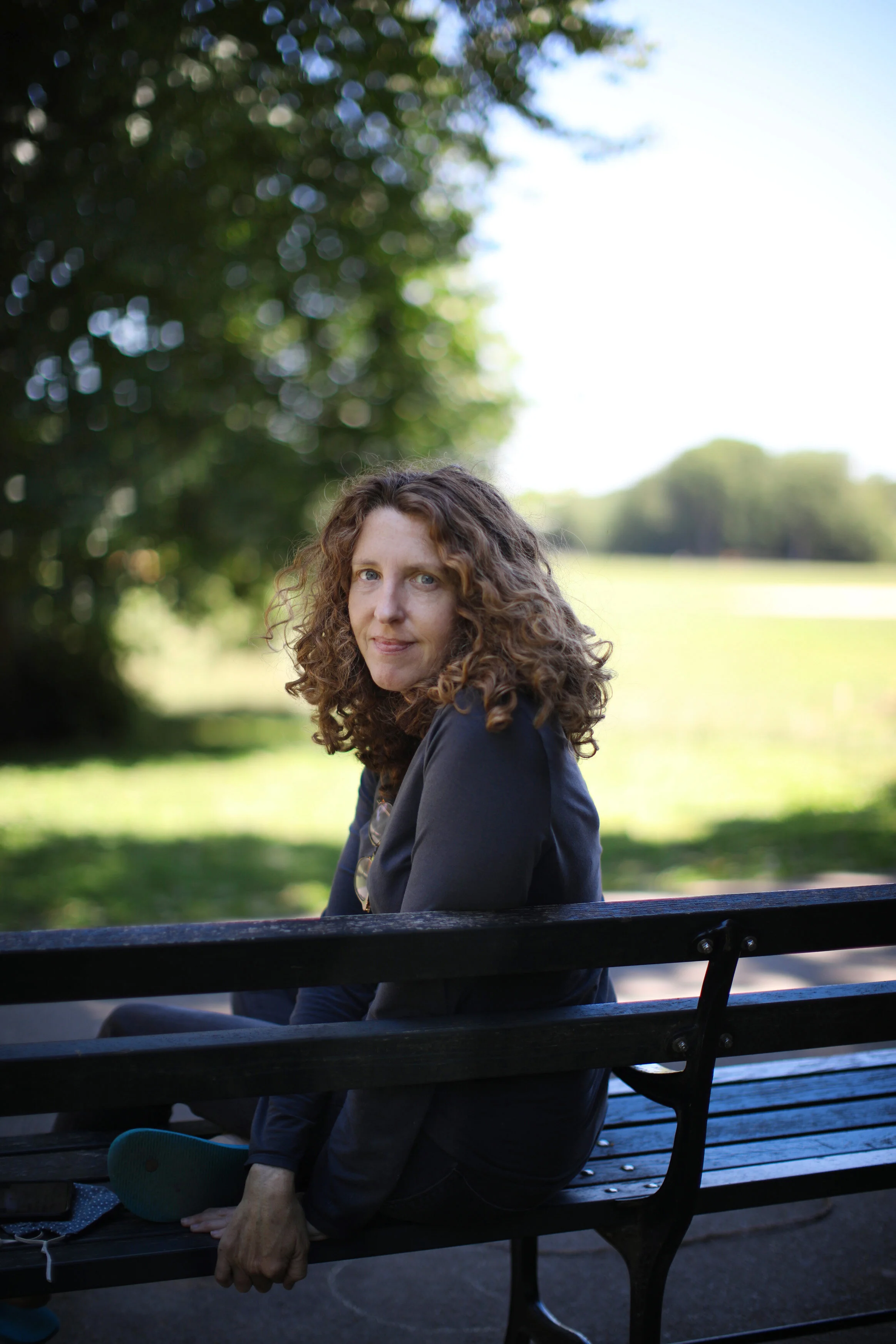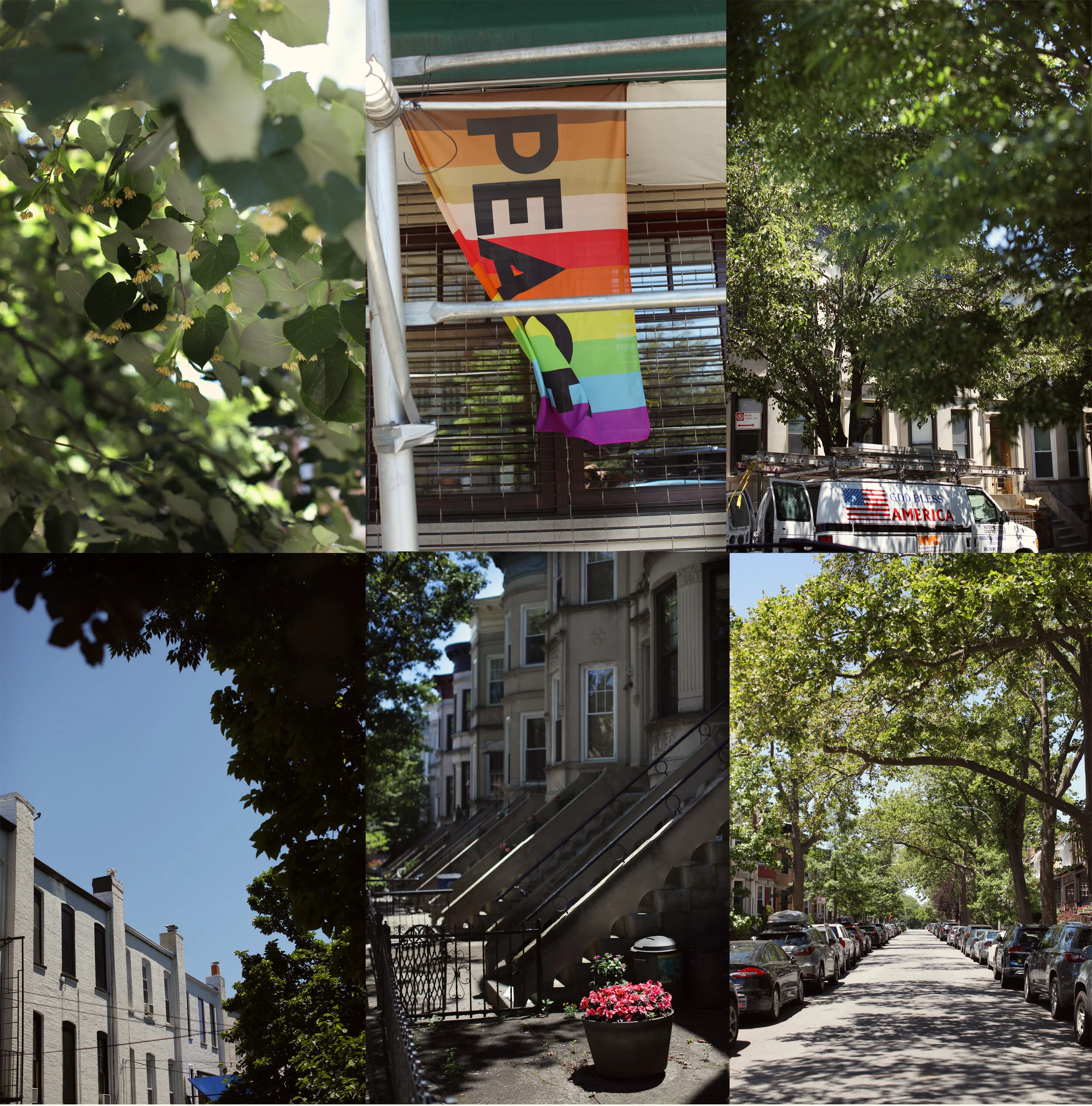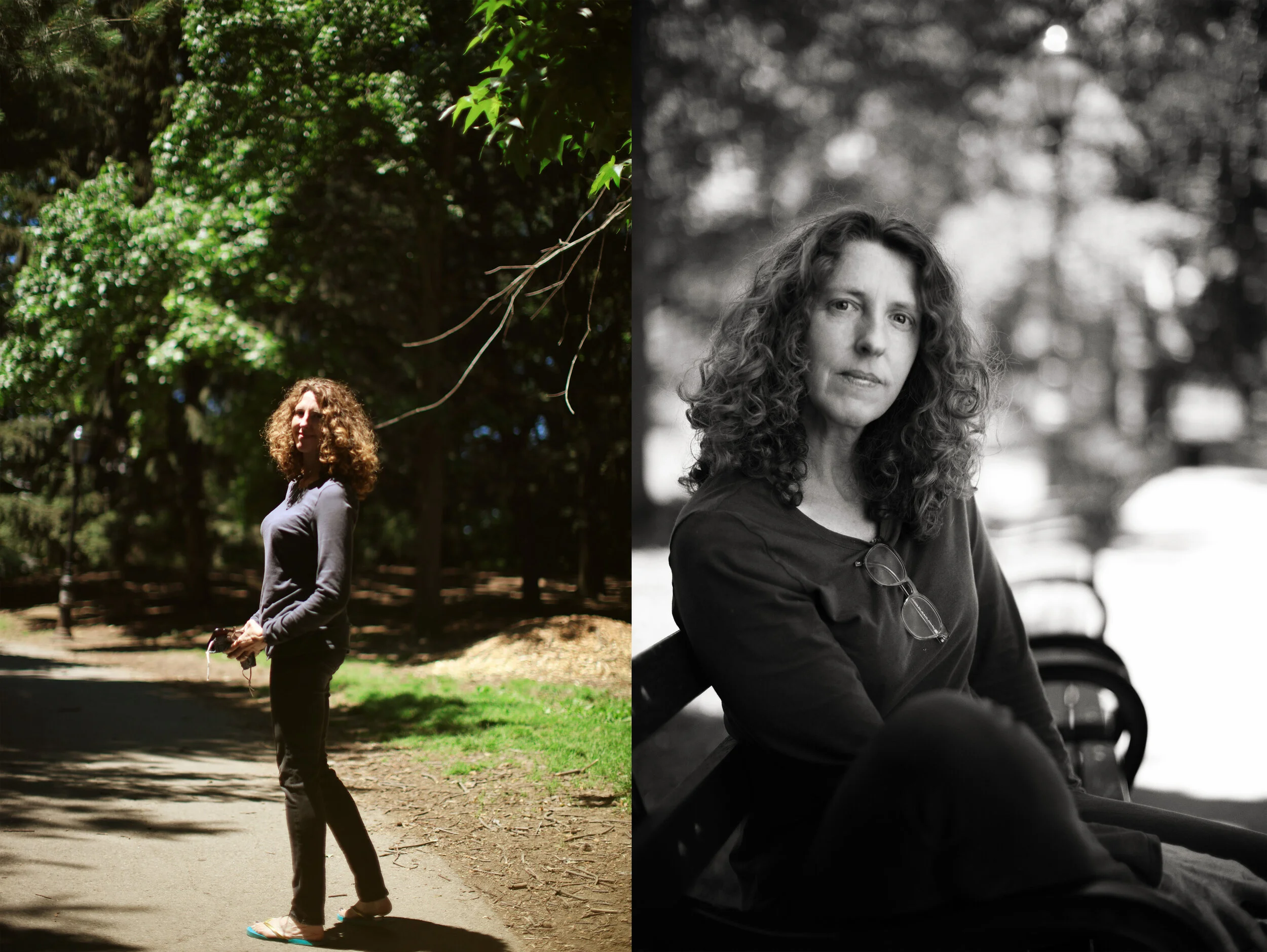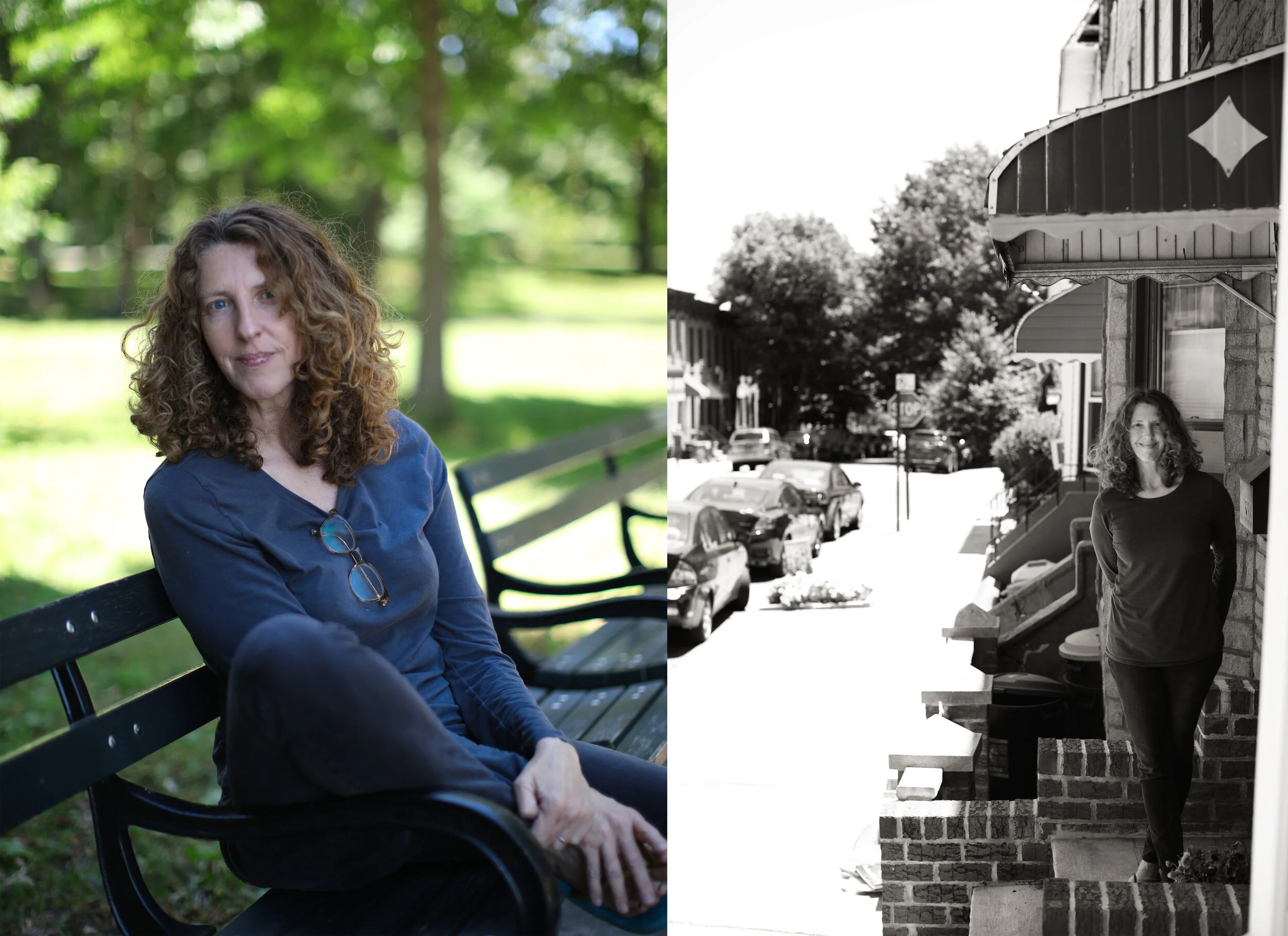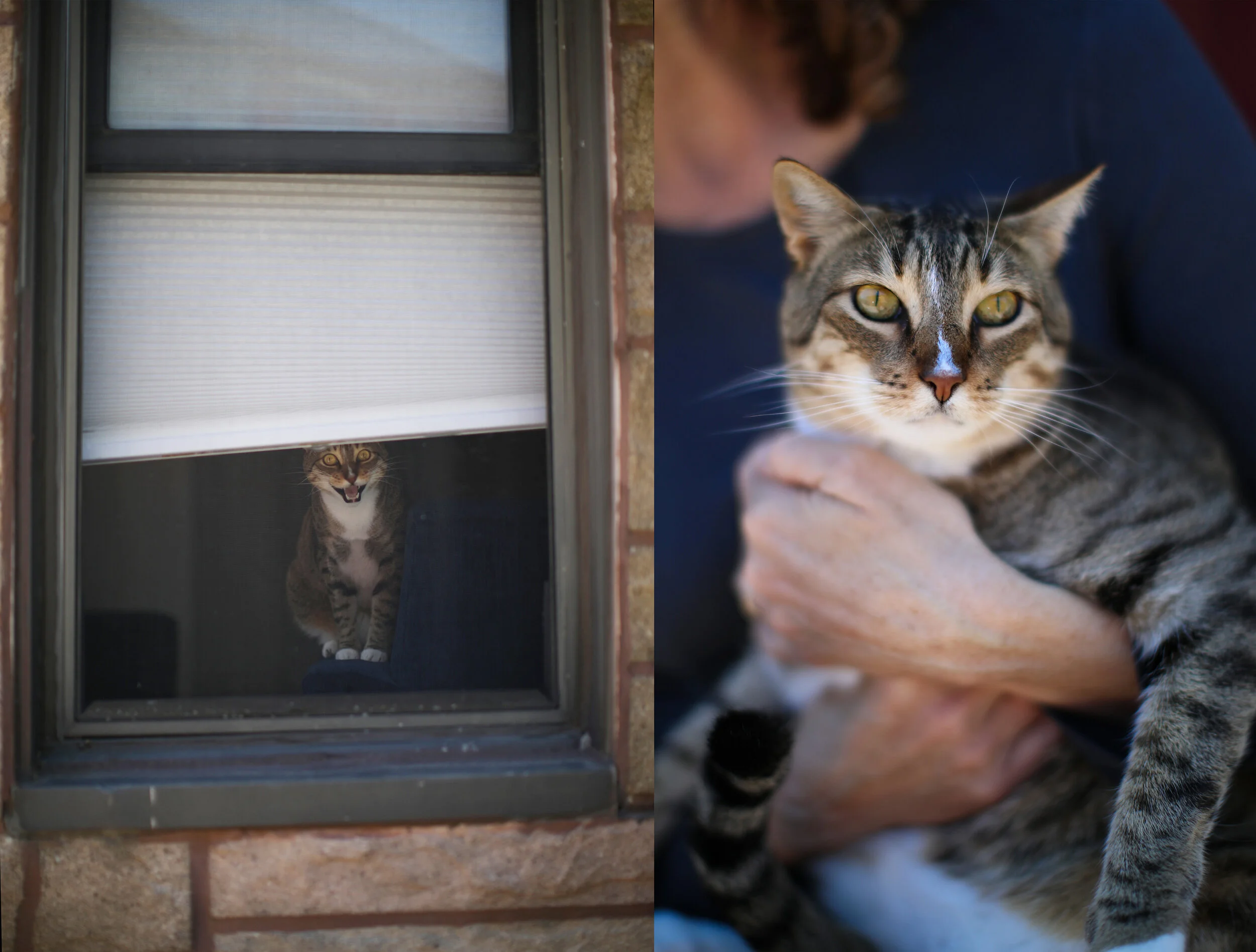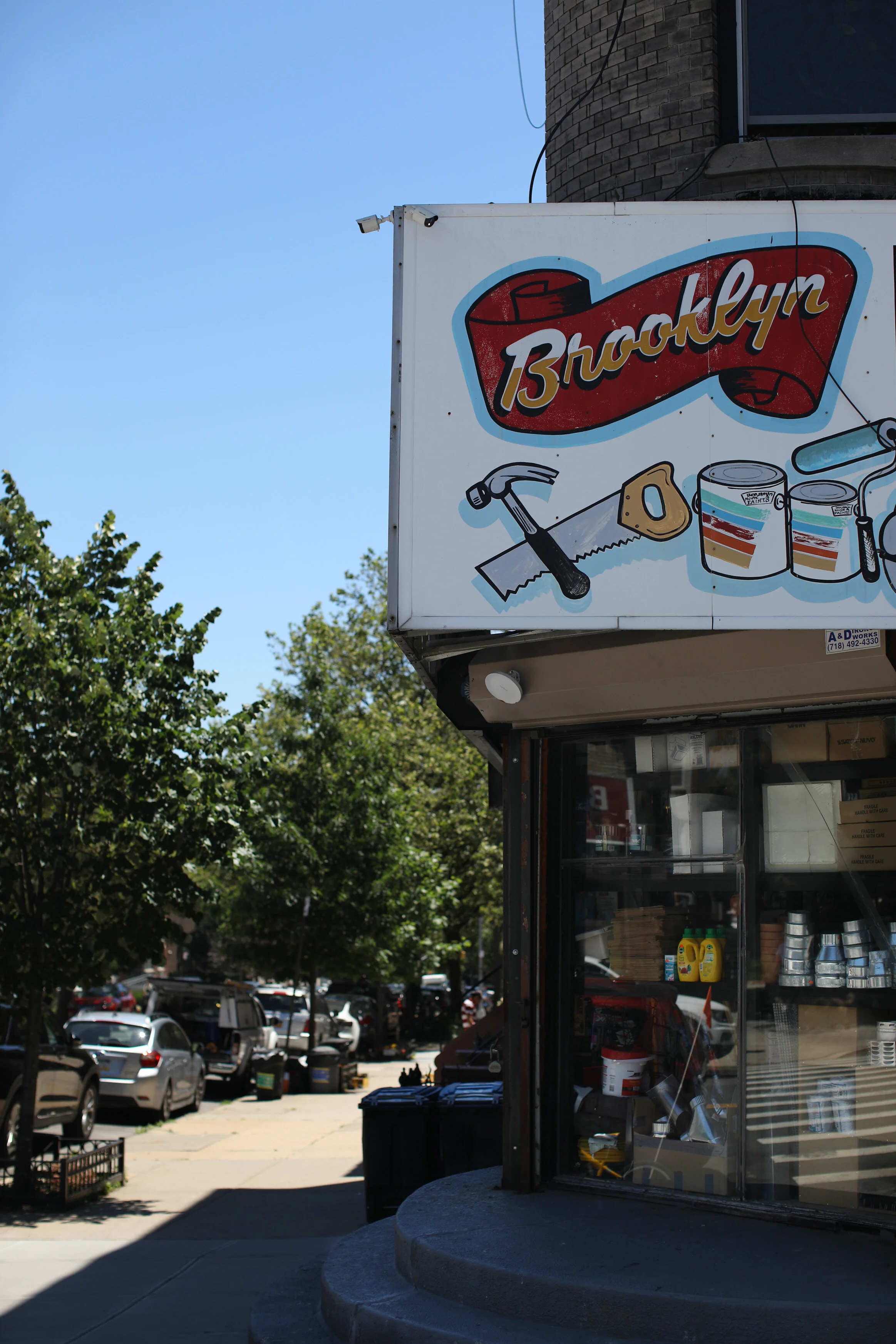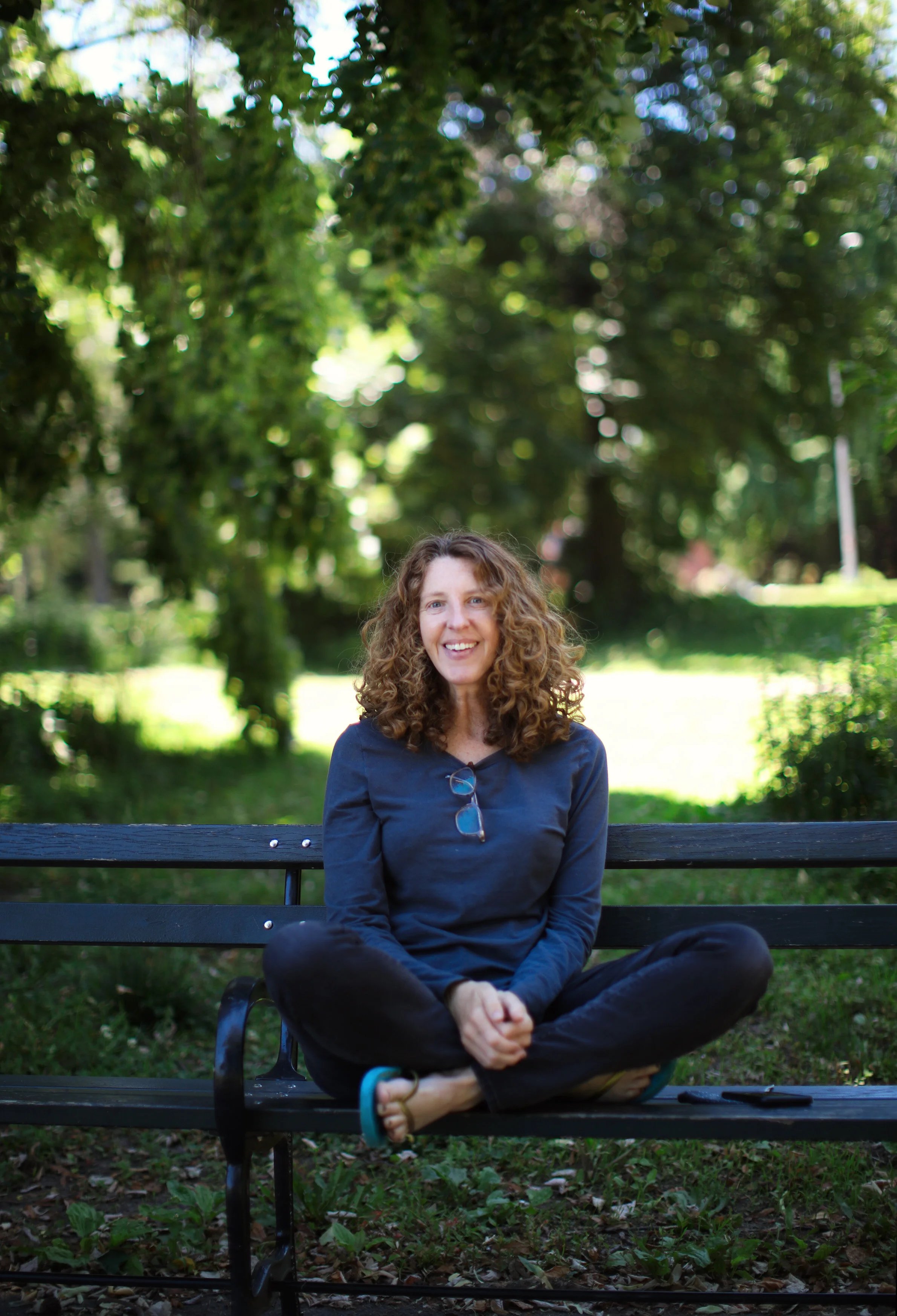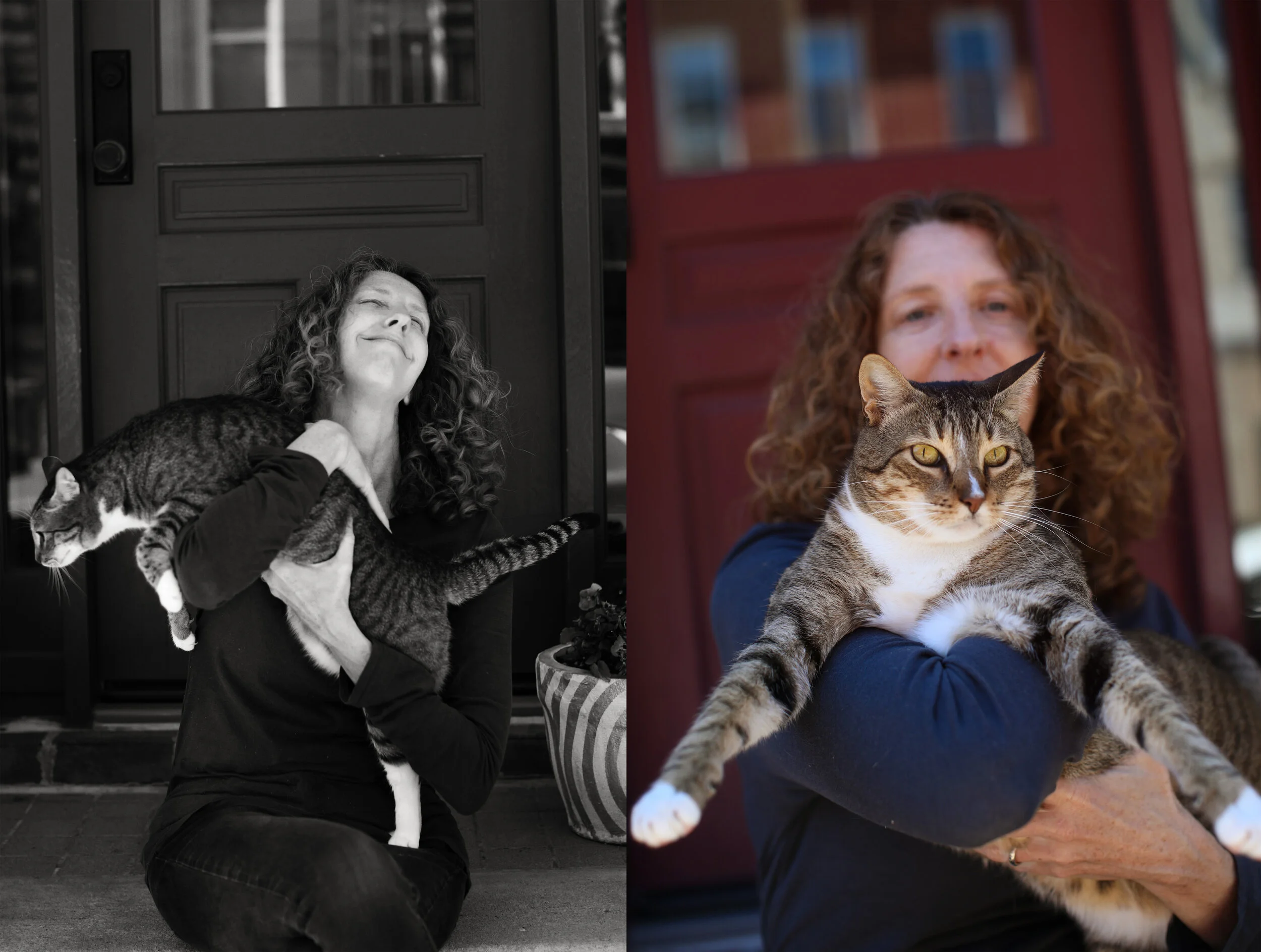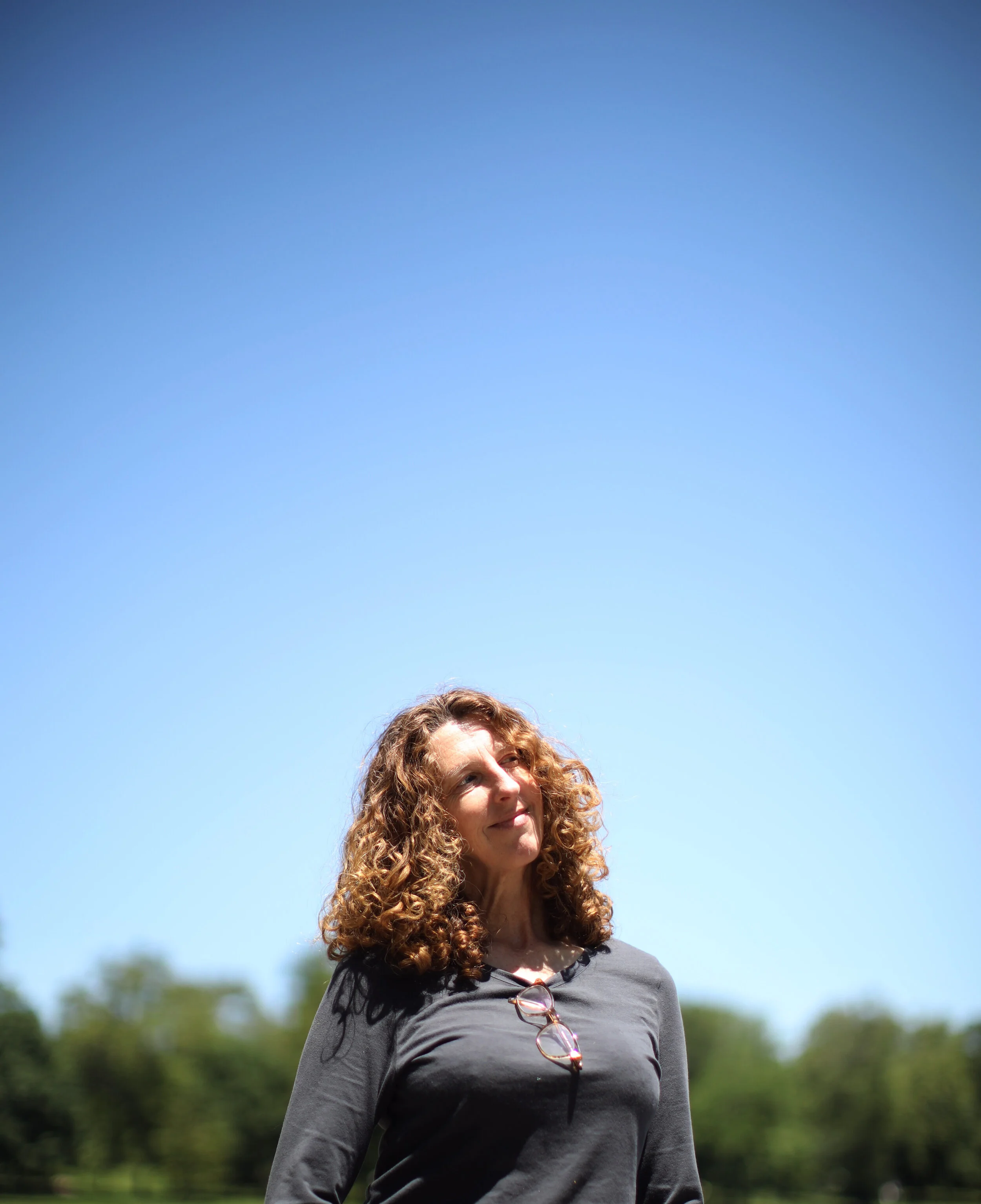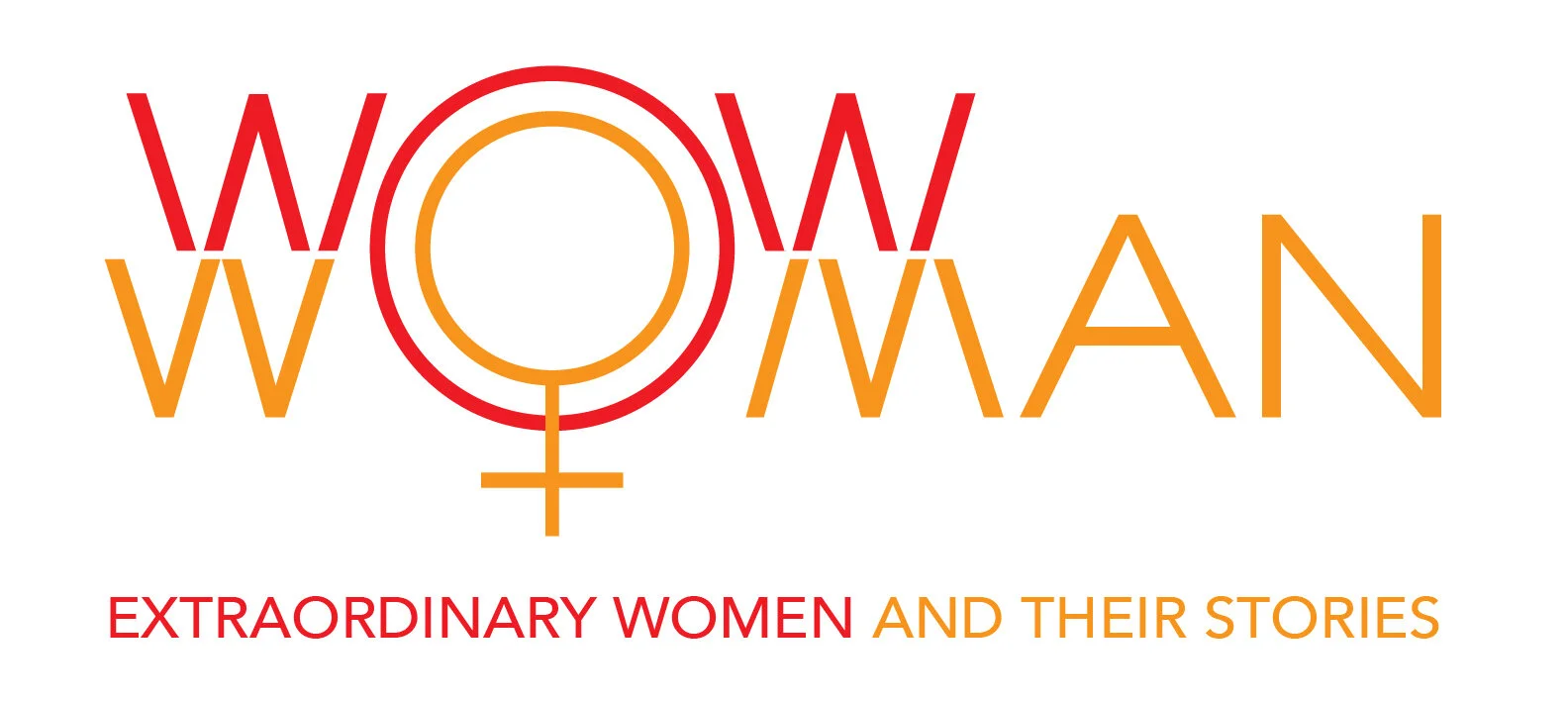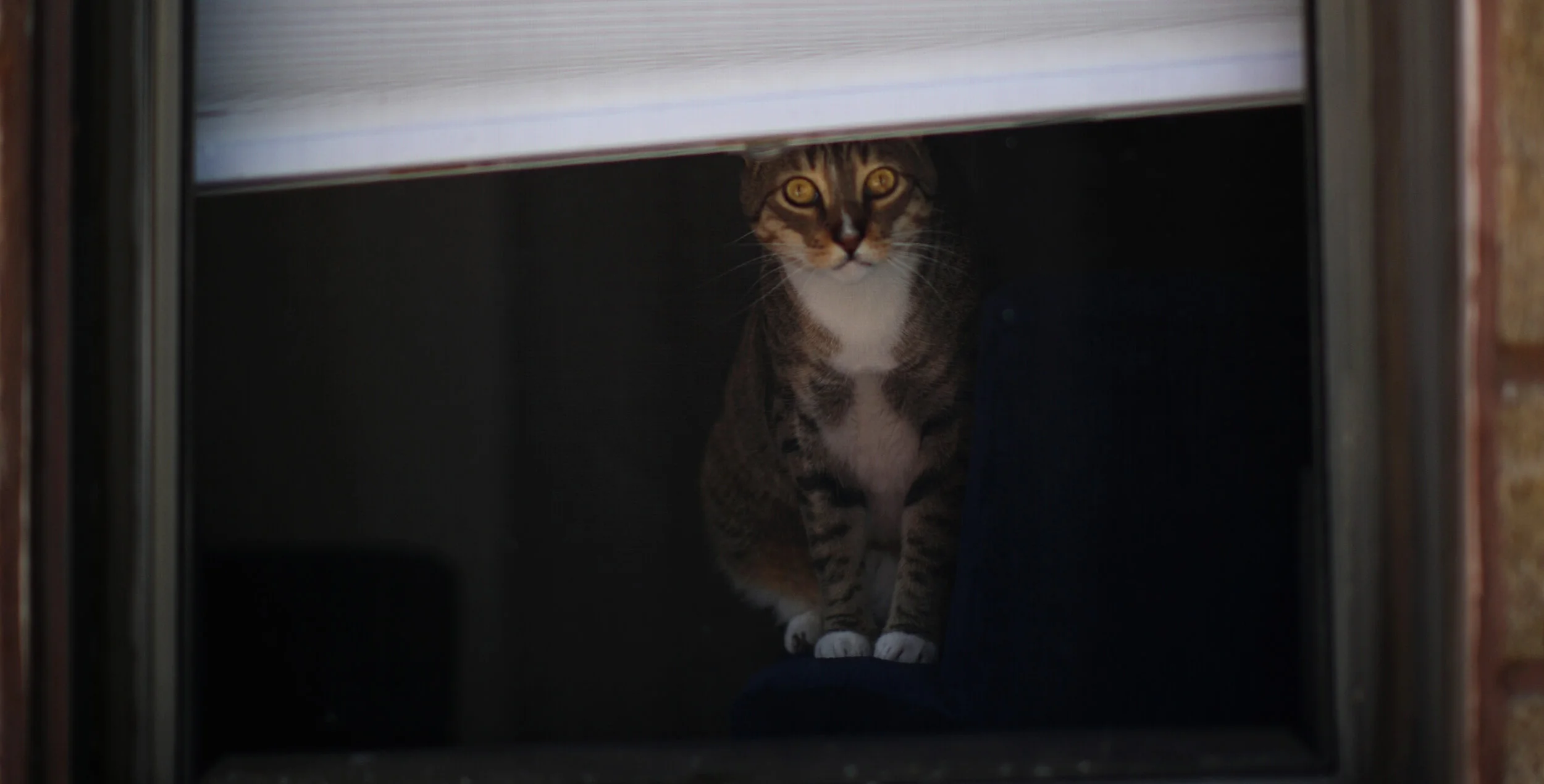Reporter, Author, Brooklyn, New York City, USA
I first learned about Ms. Dionne Searcey in Jakarta’s traffic. I was listening to a narration of her book, In Pursuit of Disobedient Women as the sky was lighting up all around, storm delaying my drive. I didn’t mind however, as I became increasingly intrigued, wanting to learn more about the author. I did. Then I just had to reach out.
In her book Ms. Searcey successfully intertwines both her work experience, chasing the news all over West Africa, with the very personal insights into her marriage and motherhood. Dionne writes about the decision process behind and all that went into moving her family from Brooklyn to Dakar, Senegal, thereby trading predictability of New York City for a helicopter parent’s worst nightmare. Dionne adapts, through humour and many trials, errors, scrapes and bruises.
The book switches rapidly between Dionne’s reporting from the Nigerian villages pillaged by Boko Haram fighters and her interviews with the teenage girls brave enough to defy their captors and escape a destiny of a suicide bomber. In the midst of all the terror, I was moved by Dionne’s efforts to shine light on the beautiful and positive stories from the region, the customary hospitality and kindness shown to her. One of the main reasons I wanted to meet Ms. Searcey was my respect for her aim to balance the horror with the dignified stories of the locals, their vitality and pride. I also respect the way Dionne identifies commonalities, often though humour; this applies to interviewees, her loved ones and the community at large. By establishing even one shared experience with a person, the floodgates open and stories pour out. I can relate and appreciate this sentiment.
Finally, as I listened to In Pursuit of Disobedient Women I couldn’t help but admire Ms. Searcey’s frankness and chutzpah. She delved into tough topics and pursued multiple assignment choices that may seem like grey areas for other mothers of three. Dionne was excited to travel in the region, uncovered stories from the war torn countries, shone spotlight on the beautiful acts of courage and exposed the ugly corruption in all levels of the government. In her book, Dionne opens up about the pressures of maintaining the rapid news cycle pace, combining home life with the addiction of chasing a good lead across the continent, coexisting in two different worlds and staying engaged with her partner. What about the guilt of missing the PTA meetings or feeling left out of the family’s latest board game obsession? Are all these things possible for an ambitious woman?
Ms. Searcey’s stories provide a glimpse into the behind-the-scenes of The New York Times’s West Africa bureau. Most importantly her book left me excited about and full of admiration for the female reporters who continue to pursue tough stories and disobediently defy the norms while paving the way for the rest of us.
1. Name.
Dionne Searcey.
2. Where is your hometown?
Wymore, Nebraska
3. What is your profession/career/title/self-label/designation? What does your average day look like?
I'm a reporter at The New York Times. My average day during the pandemic is very different from my average day before Covid. But in general I make calls and do research on my computer from my office or from my home office and prepare for trips that take me across the country or across the world for stories.
4. What did you study in school?
I studied journalism at the University of Nebraska-Lincoln as an undergrad but got most of my training at the entirely student-run Daily Nebraskan campus newspaper.
5. What was the journey like to get where you are (in life and career-wise)? Write about some of the achievements that you are most proud of. What was the moment for you that changed your life (in your personal life and/or career?) that set you on the current path in life?
Working at the Daily Nebraskan campus newspaper changed my life and set me on a career path in journalism. It showed me how powerful journalism can be - that it can change things for good but also how important it is to get things right and to portray news accurately because another part of that power is that it can be damaging if you aren't careful and accurate and fair. You also can't be lazy in journalism. Make all the calls, show up to all the events, knock on all the doors. Doing the work pays off.
I started out at smaller organizations and worked my way up to the biggest newspapers in America - the Wall Street Journal then The New York Times. I put in a lot of hard work in a variety of different reporting jobs but once I got a taste for reporting I really never have wanted to do anything else.
6. How is your life different from what you pictured at 20?
I think my life is exactly as I pictured it would be. I wanted to be a reporter when I was 20 and to be living in a big city. I'm doing both those things.
7. Was there a time when life knocked you down or out and how did you get back up on your feet?
My first jobs were in Chicago and one was as a one-year reporting resident at the Chicago Tribune. I loved Chicago so much and I loved working at that paper, which often hired its residents to permanent jobs. But I didn't get hired. It meant if I wanted to be a journalist I couldn't really live in the city because it was hard to get a newspaper job in a big city at a young age. Another colleague who was in a similar situation and I decided to backpack across Southeast Asia for a few months.
I blanketed the country with resumes before I left and set up a voicemail that I checked regularly to see if I got any job bites. (This was an era before mobile phones.) Not only did I get job offers but I met my future husband on that trip. So it worked out. Plus, I got to see one of my favorite regions in the world. I really want to go back to some of the places, especially Vietnam where I haven't been for more than 20 years to see how it's changed.
8. Advice for other women?
Don't be scared of being a working mom. It's possible if you have a good partner. Or even if you don't.
9. Knowing what we know now in a current political climate, can women be "all that we can be" in today's world? What is the way forward, as you see it, for "feminist values"?
I think that depends on where you are living and the culture of the particular spot in the world. Certainly it's more difficult to be all you can be in a society where you can't own property, for example. But I think in places like the U.S. where women are viewed more equally it's important for women to make their own way and to be able not to rely on anyone else.
Women who live vicariously through a partner's work or through a child I think can be devastated if they find their situations change. It's important in my view for women to be their own person and so if they only have themselves to rely on for money, for love, for finding joy, it always will be ok.
10. Where in the world do you feel “tallest” (i.e. where is your happy place)?
When I'm sitting at dinner on vacation and my three kids are all getting along and my husband is in a good mood. That's a good place to be in.
I also love when I'm sitting on the ground interviewing someone far away from home whose circumstances could not be more different from mine and we find that we have very relatable situations - half-jokingly complaining about our husbands forgetting to bring home the groceries we asked for, for example, or worrying about our kids' futures. These universal things help elicit the empathy that I think is vital to good reporting.
11. What extracurricular activities/hobbies are you most proud of? Why?
Hobbies are for people with no kids and jobs! I was just getting to the point where our kids were old enough to focus on myself a bit more when the pandemic hit. Keeping the house running with remote school and almost every kind of activity canceled was all-consuming for my husband and I. We're starting now to get into gardening and to running more. We'll see how it goes.
12. What do you want to be when you grow up? Future goals/challenges?
I'm grown up! But I'd like to live overseas again someday. I'm not sure where but it would be good to get back out of the U.S. on a more long-term basis rather than just reporting trips abroad.
13. What fears are you still hoping to overcome?
I hope someday I am confident enough to leave my job and find another career, but I'm not quite sure what that would be right now. For now, I love my work.
14. Anything you'd do differently, if you had another go at life?
I'd move abroad earlier. I always felt like I needed to wait for a news organization to send me abroad because it would be too scary to go on my own without that safety net. It's possible of course. At the very least I would have taken a gap year to immerse myself in another language. I studied in France for a semester but mostly spent that time skipping class and hitchhiking. My French is not great.
15. What inspires you?
Women who go against the grain to do what they think is right. I'm inspired in particular by a set of women I met in Northeast Nigeria who were captured by terrorists and recruited to be suicide bombers and resisted. I wrote a lot about them in my book, "In Pursuit of Disobedient Women."
16. What are you hopeful about?
I'm hopeful the next generation will be more open minded, more curious and more inclusive than mine. I hope they will be better stewards of the environment, too.
17. What are some ingredients to a good life? Has the global pandemic changed your perspective about the world, about your life, your goals and dreams?
I think the pandemic taught us all to slow down, and that's a good thing. But it also reminded me how important it was to get out, to go places and see all we can see across the world because that opportunity might go away again. The pandemic also taught me about who the important people are in my life, the ones I can trust and the ones I can help and be helped by.
18. What are (at least) three qualities you most love about yourself and why? What are your superpowers?
I can spot four-leafed clovers on the ground as I pass. Seriously! My grandma taught me how to look for them in her yard in Nebraska when I was growing up. And I can work in almost any room regardless of noise and distractions. I once wrote a story in the back of an Army truck going on a raid in Tikrit, Iraq. But, I also think I'm a loyal friend and have learned to be more empathetic to all kinds of people in all kinds of situations. That's important.
19. What advice would you give your 14-year-old self?
I think my 14-year-old self was pretty confident I wasn't going to stick around my hometown. But I'd probably tell her to seek out the good qualities there and not be so annoying to my mom.
20. What are you reading now? (what books do you gift most and what are your favourite reads?)
I'm reading True Grit by Charles Portis, a novel about a 14-year-old girl who seeks revenge for the death of her father in Arkansas. It was a gift from my brother for Christmas, and it's hilarious. I think I'll start giving it as gifts myself now. I like fiction books with a very strong voice and this is certainly one.
21. Who is a WOW WOMAN in your world who inspires you and why? Can you nominate three (or more) women you know who perfectly fit WOW WOMAN description? What would you tell them, if you had an opportunity, why you admire them?
I have so much respect for Balaraba Mohammed, a woman who was recruited by terrorists to be a suicide bomber who resisted them time and again in the most clever of ways. Her fortitude and refusal to hurt others is obviously admirable but she didn't give up even after suffering physically and mentally. She is pursuing a career in medicine and raising her daughter and I'm so impressed by her.
I'm impressed by a woman named Khadijah Diagouraga who lives in rural Senegal and was expected to rely on handouts until her husband sent money home from abroad to feed her family. Instead, she tied up her donkeys to a plow and got to work in her fields, harvesting crops to sell at market to feed her family. She shocked her entire village where women weren't supposed to do that kind of work, but she made a living for herself and her children.
I'm impressed by Toyin Sanni, a bank CEO in Lagos, Nigeria, who rose up in the world of finance dominated by men and made it to the top of some of the biggest institutions in Nigeria while raising a family and juggling the career ambitions of her husband who is also in finance. She handles her family life and work with such grace and is unflappable.
Fati Abubakar. With a camera slung over her shoulder, Ms. Abubakar documents the people of Maiduguri, a busy capital in northeastern Nigeria, determined to show the world that life continues despite years of violence that has killed thousands of people, many in the city limits.
I also admire Yagazie Amizi. She is an amazing photographer.
22. Where can others find you/your work (links to websites, blogs, etc.)?
You can find my book In Pursuit of Disobedient Women here, my journalism here: nytimes.com/by/dionne-searcey and my website: www.dionnesearcey.com
Bonus Qs:
1. What and who is worth suffering for?
Journalism, which is a pursuit of the truth.
2. What are a few things you thought you would never get over when you were going through them?
Middle school!
3. If you could be anyone for a day who would you be?
My CAT, Moose
Moose is his American name. In Senegal he’s Muus, which means cat in Wolof. He has a great life lounging around, eating food whenever he wants, chasing flies or the dog and finding a warm spot in the sun or on someone's lap to curl up in.
4. If you could relive one year in your life, which one would it be?
1997. I spent the first part of the year in Chicago, my favorite city, then traveling in Southeast Asia all summer then the rest of the year in Seattle, a beautiful city.
5. What bothers you most about other people? What do you love most about others?
I'm bothered by insecurities that people can't get over and I most love confident people who are charismatic and have electric personalities you just can't help but be inspired by, the kinds of people who you meet and instantly want to hug because they're so fun and happy.

